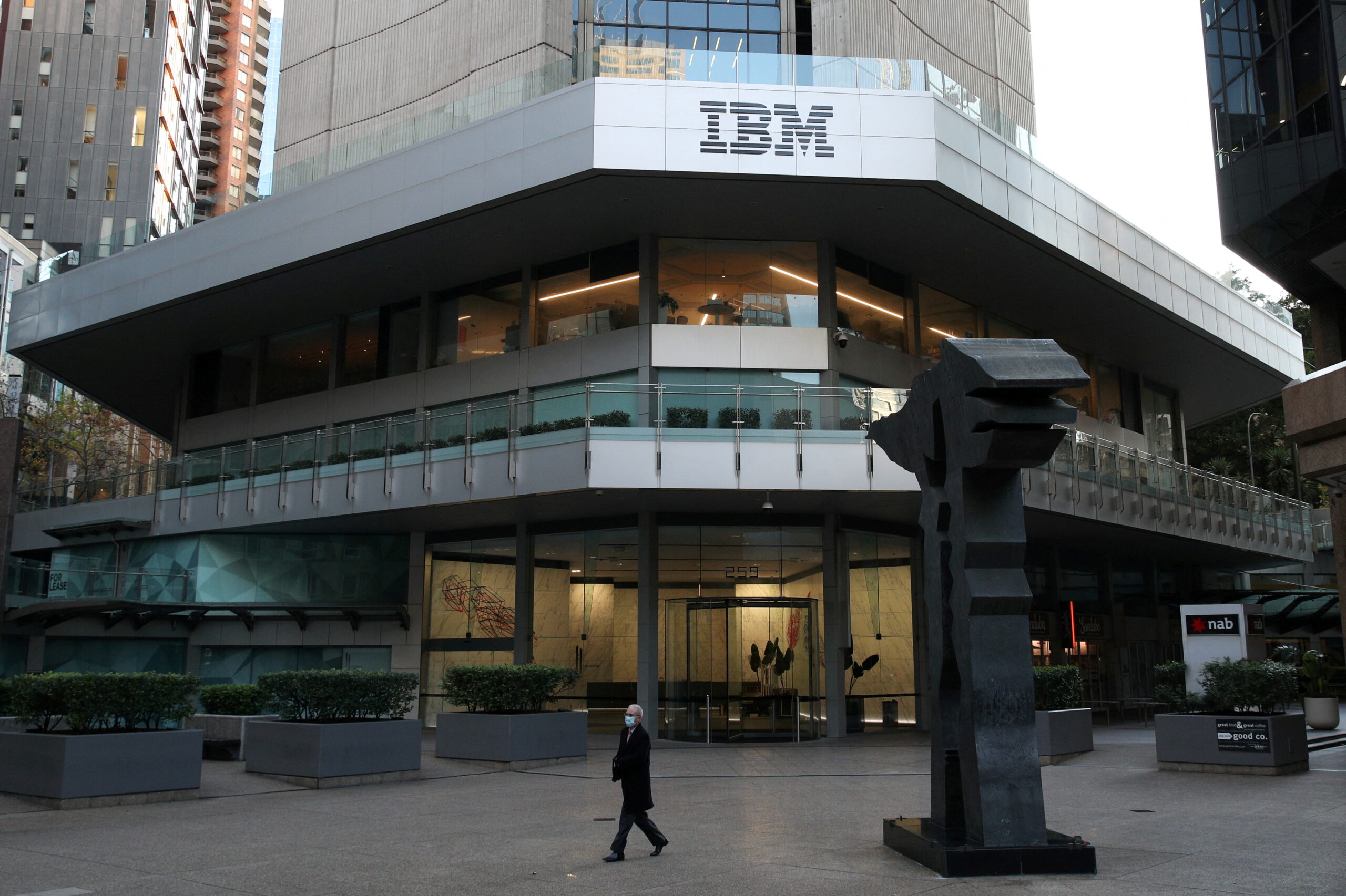
IBM has commenced a significant reduction in its workforce, particularly within its marketing and communications division. This move, disclosed during a brief, approximately seven-minute meeting led by Jonathan Adashek, IBM’s Chief Communications Officer, signifies the company’s strategic shift towards artificial intelligence (AI). The news of the layoffs has yet to be publicly announced, with information coming from an individual who wished to remain anonymous due to the sensitive nature of the announcement.
The background of these layoffs is deeply tied to IBM’s long-term strategy, notably articulated in recent statements by the company’s leadership. In December, IBM CEO Arvind Krishna highlighted to CNBC the company’s commitment to “massively upskilling” its workforce in AI capabilities. This came after an announcement in August about IBM’s plan to replace nearly 8,000 positions with AI, a move aimed at reshaping the workforce to better align with emerging technological paradigms.
Furthermore, during IBM’s fourth-quarter earnings call earlier this year, it was revealed that the company had taken a workforce rebalancing charge, expected to affect a very low single-digit percentage of its global workforce. Despite these changes, IBM projected to maintain its employment levels through 2024, suggesting a nuanced approach to workforce management amidst technological transformation.
These layoffs at IBM occur against the backdrop of a broader trend of job reductions across the tech industry. According to data from Layoffs.fyi, a tracker of tech industry layoffs:
- Around 204 tech companies have made cuts.
- Nearly 50,000 jobs have been eliminated this year.
- January saw the highest monthly layoffs since March of the previous year.
- Notable Company Layoffs: Alphabet, Amazon, and Unity are among the key players that have announced significant job reductions.
Despite these workforce adjustments, IBM has been experiencing a resurgence in growth, albeit at a modest rate. The company reported a 4% increase in revenue in the fourth quarter compared to the same period the previous year, with earnings surpassing analyst estimates. James Kavanaugh, IBM’s CFO, underscored the company’s ongoing efforts in workforce rebalancing during the earnings discussion, emphasizing IBM’s adaptability in an evolving tech landscape.
Embracing the AI Revolution
A pivotal element of IBM’s strategic refocusing is its engagement with the burgeoning field of AI, particularly following the heightened interest triggered by OpenAI’s release of ChatGPT in late 2022.
IBM’s strategic initiatives in embracing AI are highlighted below:
| Initiative | Description |
|---|---|
| WatsonX Introduction | In May, IBM launched WatsonX, a development studio aimed at enabling companies to develop, refine, and deploy machine-learning models. |
| Competitive Stance in Enterprise AI | IBM aims to establish a strong position in the enterprise AI market, competing with major players such as Microsoft, Google, and Amazon. |
| Generative AI and WatsonX Products | Recent developments show a doubling in the business volume of IBM’s generative AI and WatsonX products, indicating a strategic shift towards commercially viable AI solutions. |
Krishna’s reflection on IBM’s initial strategy with Watson, particularly the focus on complex solutions that failed to find immediate market acceptance, sheds light on the company’s past challenges in the AI domain. This introspection coincides with IBM’s decision nearly two years ago to sell its Watson Health unit to Francisco Partners, marking a significant realignment of its business strategy towards more pragmatic AI applications and services.
Related News:
Featured Image courtesy of Loren Elliott/REUTERS
